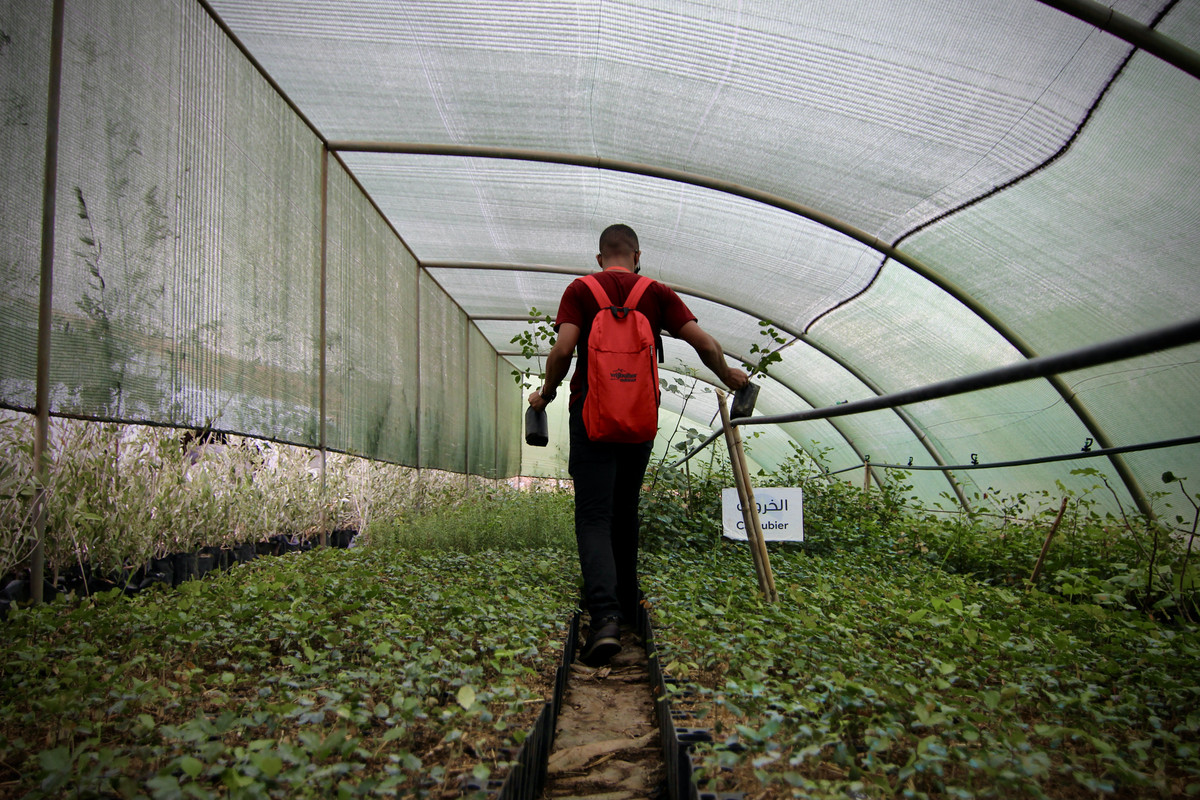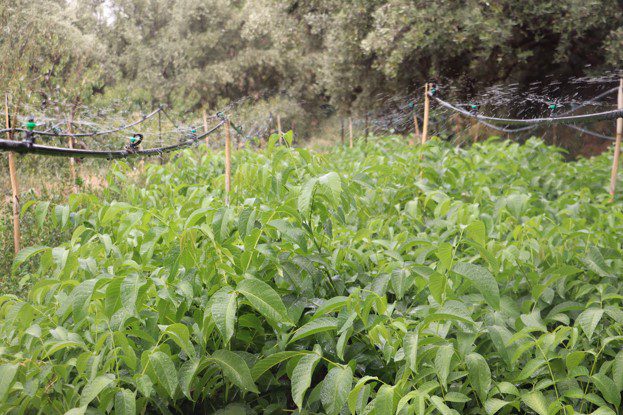Throughout the Bible, trees are mentioned multiple times, often in relation to the production of fruit; the first mention of trees is in Genesis 11:9-10 where “God said, ‘Let the land produce vegetation: seed-bearing plants and trees on the land that bear fruit with seed in it, according to their various kinds, And it was so. The land produced… tree bearing fruits with seeds in them according to their kinds.” (The Holy Bible, New International Version ed. Bible Gateway. Accessed 05 Nov. 2021). Later in Genesis, trees are mentioned again as God entrusts Adam to tend to the tree in the Garden of Eden. I find these two instances interesting as trees were one of the fundamental creations of God during the formation of Earth; before trees only light, dark, sky, and water existed; this simply serves to emphasize the importance of trees in the Bible and in creation and maintenance of life.
Additionally, God entrusted people to tend and care for these trees. Something so important and essential was entrusted to people to tend to as the caring of this tree was the very thing that maintained tranquility in the garden. In essence, trees in the early scriptures of the Bible represented the life God breathed into creation as well as the relationship by trusting people to love the Earth.

In relation to the High Atlas Foundation, the role of tree planting in various communities serves a strikingly similar purpose. First, the tree nurseries that HAF funds in rural villages are tended to by the inhabitants of that area. These trees provide life in the sense of the opportunity to gain financial autonomy and freedom. The support of additional income from the sale of cash crops provides economic freedom not only for the caretakers of the trees, but also for their community and future family members.
Secondly, although a palpable connection, the first trees created by God in the Bible were trees that produced fruit. The main pillar of HAFs tree planting initiative is the planting of fruit trees specifically due to the incredible benefits they provide for communities and Moroccan land. Not only do endemic fruit trees produce cash crops that can generate high incomes for impoverished rural families, but they contribute to the biodiversity of Morocco and serve to sequester carbon, contributing to the mitigation of climate change.

The fact that the first tree in the Bible was a fruit tree only serves to strengthen the importance of these plants as it underpins the great value of a tree that produced fruit, which both gives life and represents life in the Bible. If you read through more of the Bible, there are numerous instances in which it compares the production of fruit to the transformation and work done by people. Moreover, the production of fruit in the Bible represents one’s transformation with God and the works that people do; God’s greatest commandment is to love others as you would love yourself, and to take care of those in needs, so therefore, the production of fruit draws a direct connection to uplifting impoverished communities and families.
Overall, there are many instances of tree planting and fruit in the Bible. I only mentioned one scripture, but as I was searching for more, dozens appeared that had direct connections to HAF and the importance of fruit trees in society. As I continue to work with HAF, I hope to delve deeper into this connection between religious texts and their connection to the work of HAF.







